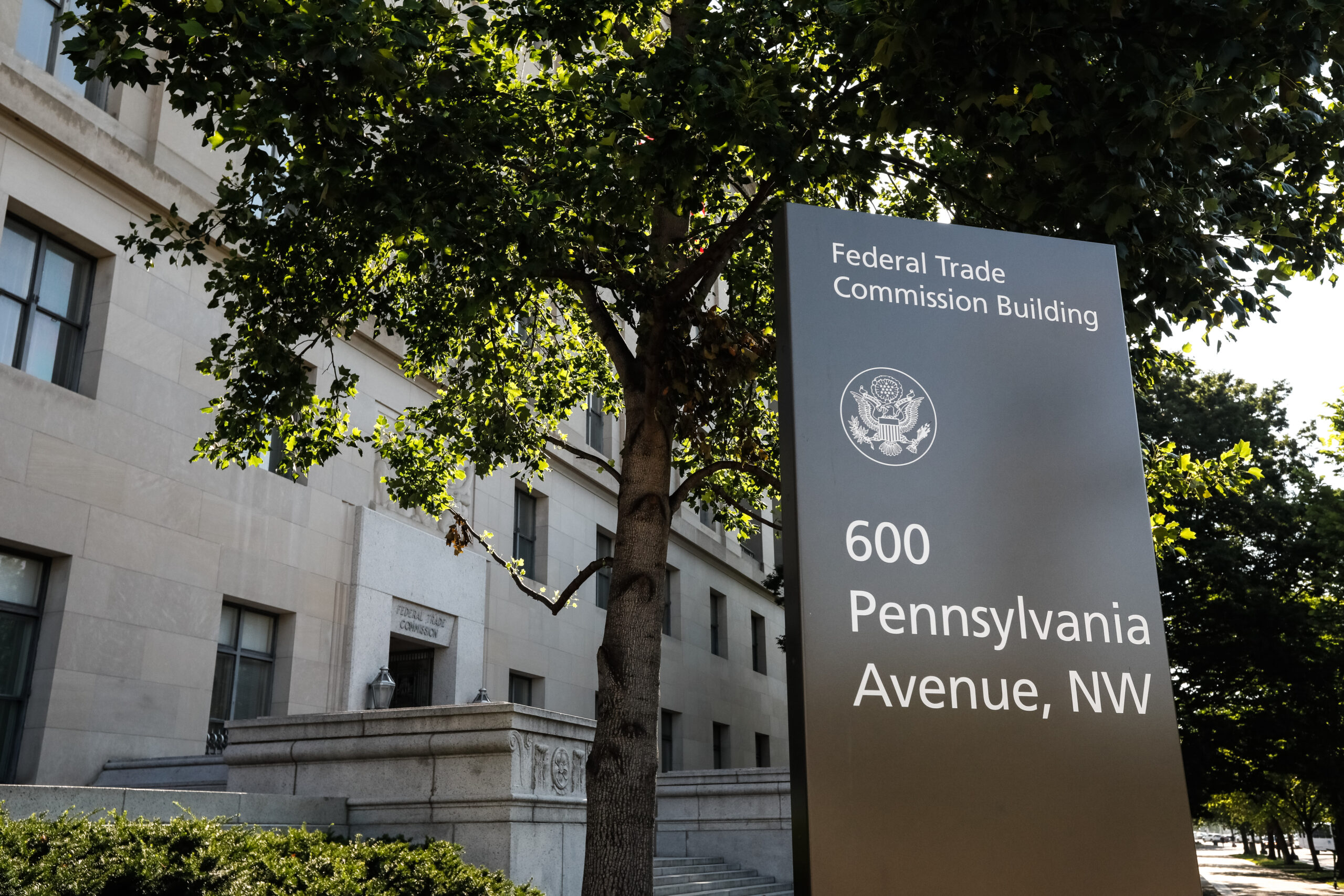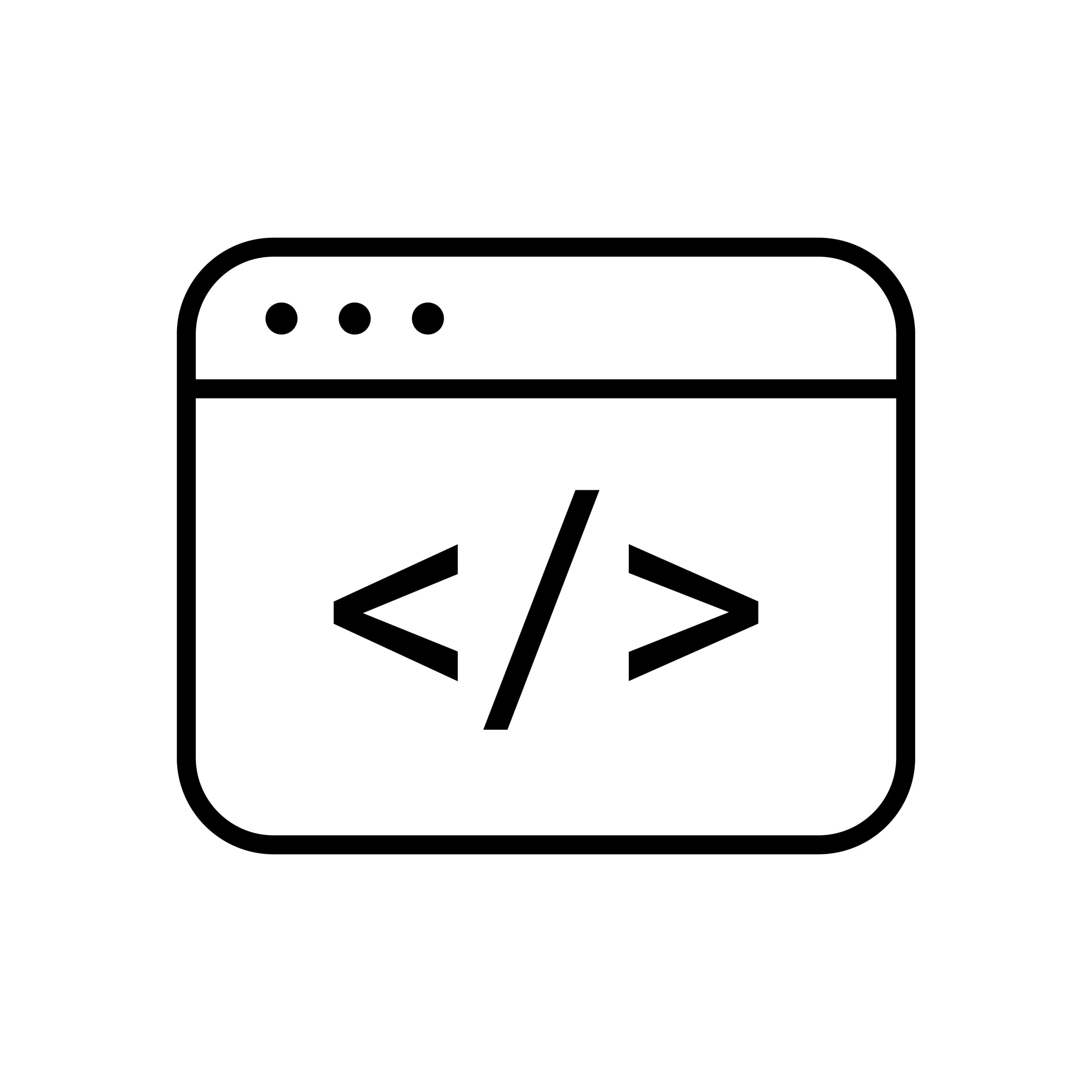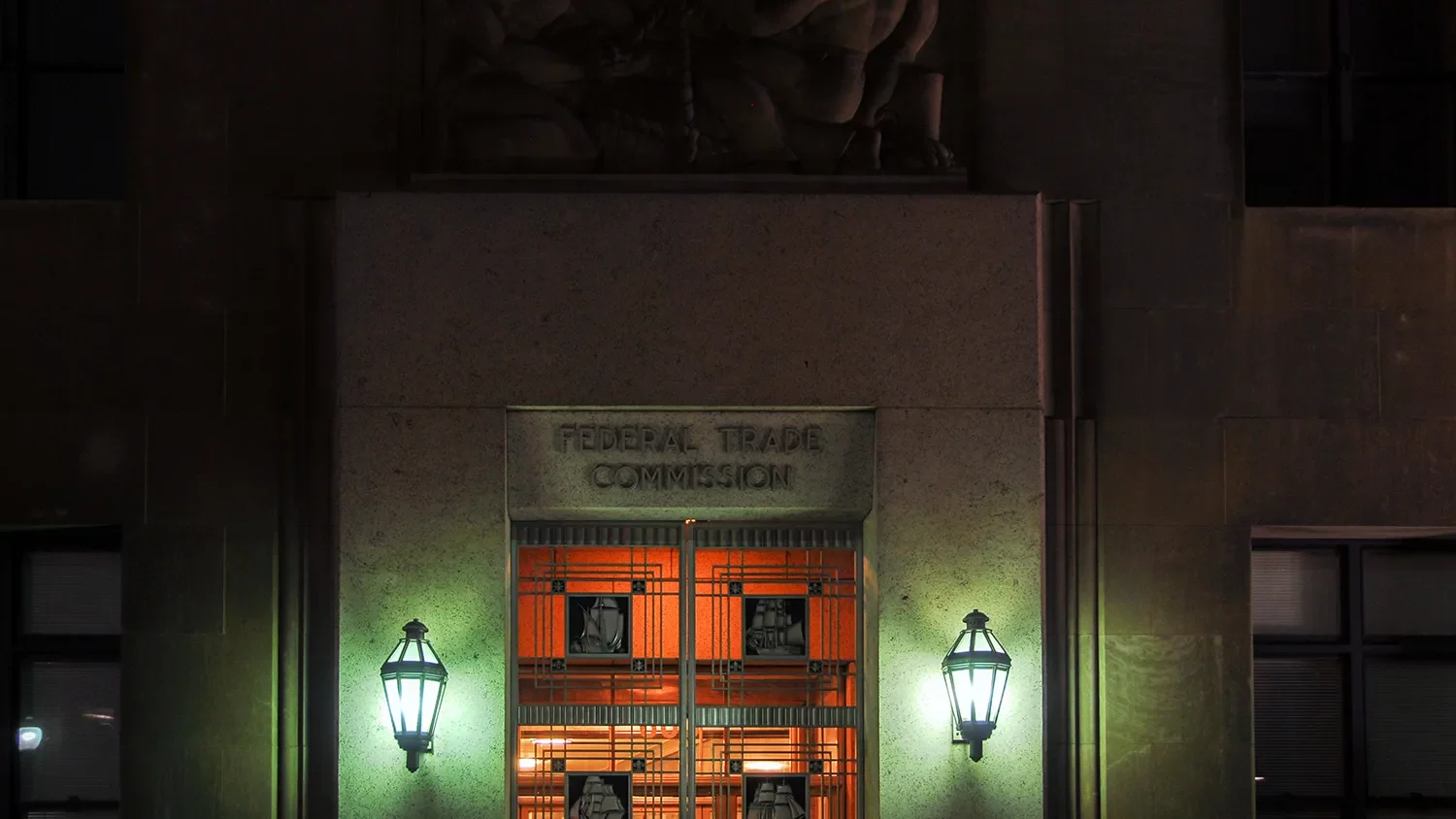Instagram Backlash and Response Demonstrates Healthy Competition
On Monday morning, Instagram announced a new Terms of Service, set to go into effect January 16, 2013. The Internet erupted. People threatened to quit. People actually quit. By Tuesday evening, Instagram came out with a blog post clarifying its positions and intentions, while not yet changing any of the text.* (See: [UPDATE].)
We’ve seen this media cycle before.
One key takeaway is how it should not be taken for granted that the following day, in response to public backlash, Instagram came out with a statement from its CEO. Agencies like the Federal Trade Commission (FTC) are tasked with consumer protection, but hearings and investigations into potential consumer harm take months if not years. Instead, the market provided an instantaneous disciplinary mechanism. Part of the reason that Instagram had to respond is the vibrant marketplace for online services and apps for sharing photos with your community. There is such a low barrier to entry that new startups can easily emerge, taking care to distinguish themselves by avoiding the unpopular features and policies of their competitors. This contrasts to markets such as cable and broadband providers, where, for example, Verizon or AT&T is the only option, and so there is little recourse when one disagrees with the choices that a company makes.
While it wasn’t necessary for a government agency to step in in this case, that of course does not mean government action is never needed. However, in this instance, and increasingly, consumers are empowered to know what’s going on, to have a voice, and to have that voice be heard — through organized campaigns and petitions, or apparently just through lots of angry public tweets and blog posts.
It’s not clear whether Instagram had originally meant what they said in their terms, but it’s hard to believe that they didn’t anticipate this reaction by their users. It’s possible that there were multiple legal drafting errors, but it’s more likely that they were worried about a mass exodus of their users, and are willing to rethink their policies.
While some suggest that prominent Internet companies are effectively monopolies, this is yet another example that they are not. These businesses can’t do whatever they want, without facing the wrath of the public. Consumers have control to shape company policies, and effectively discipline companies from acting unfairly or anti-competitive. And if people don’t like the direction that one service is going, they can switch to a competitor — that’s the whole point of competition.
*[UPDATE] December 20, 2012: On Thursday evening, Instagram came out with another new blog post saying that due to people’s concerns, they’ve changed the offending sections:
Because of the feedback we have heard from you, we are reverting this advertising section to the original version that has been in effect since we launched the service in October 2010.
(Emphasis theirs.) Their response to people’s feedback is very encouraging, and shows that the public is far from powerless — indeed, Instagram users held the power to influence the business direction of the company. Instagram has listened, and to remain competitive, they have made some necessary changes.








